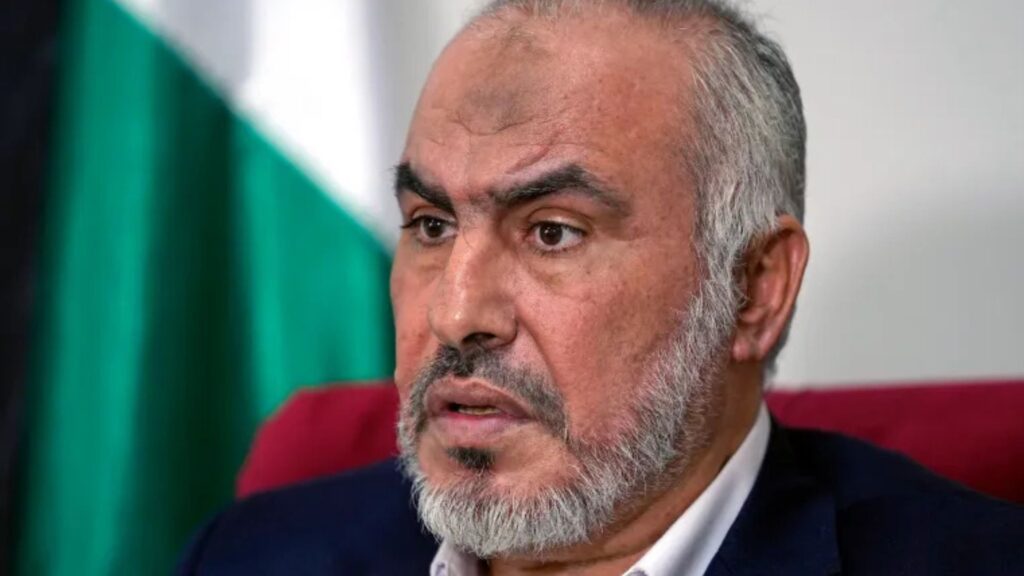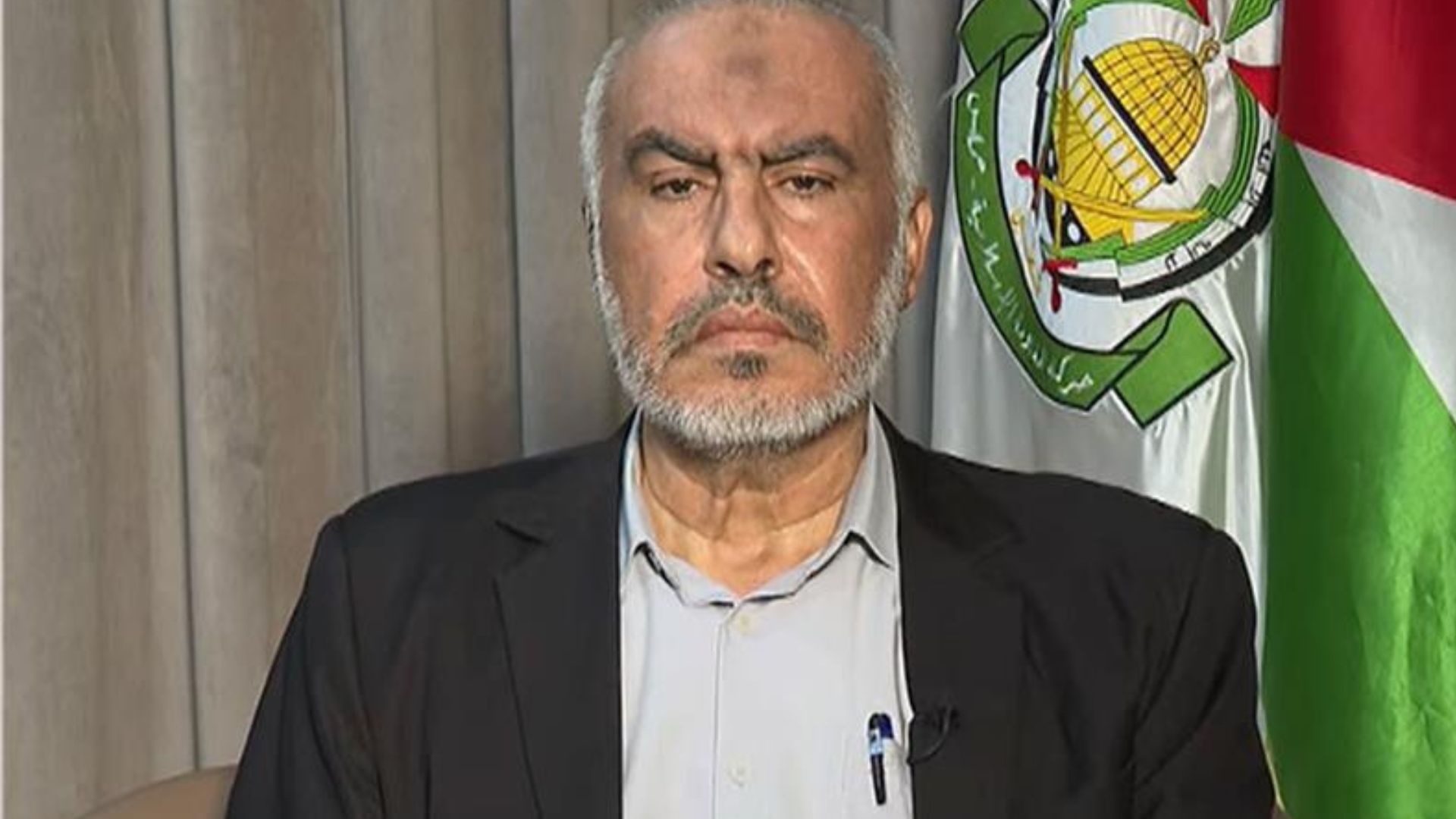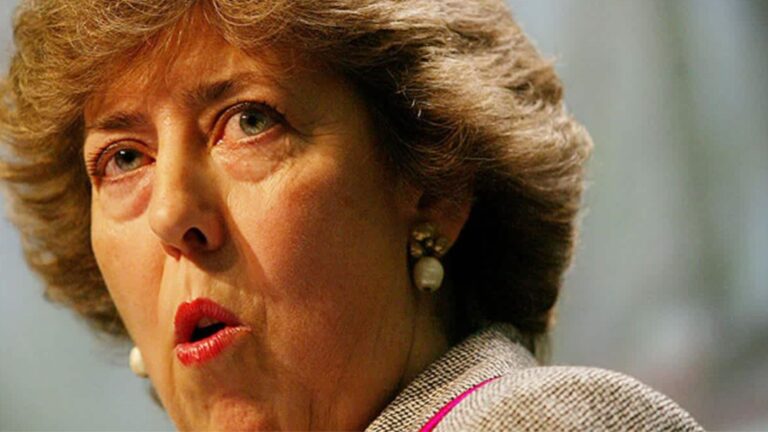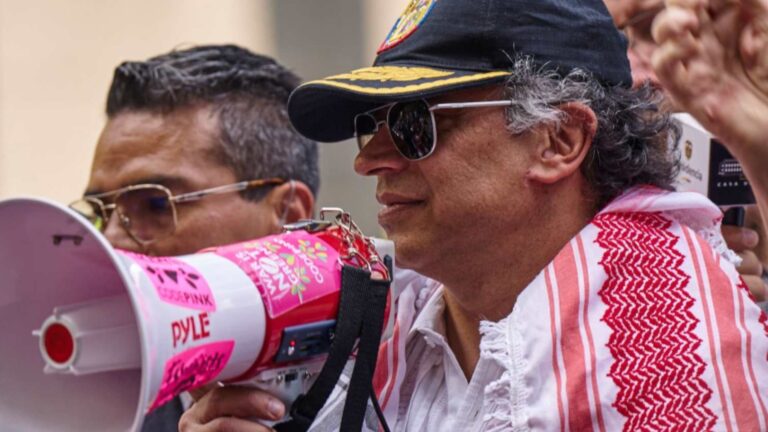
Senior Hamas official Ghazi Hamad appeared on Qatar’s Al Jazeera network Wednesday, marking his first public comments since surviving an Israeli airstrike in Doha on September 9. The interview confirmed the failure of Israel’s unprecedented assassination attempt on Qatari soil and provided new details on the attack’s impact on Hamas leadership.
Account of the “Summit of Fire” Strike
Hamad recounted that he and five other senior Hamas figures—including chief negotiator Khalil al‐Hayya, former political chief Khaled Meshaal, and West Bank leader Zaher Jabarin—were meeting to discuss a U.S. ceasefire proposal when the attack began. “We were engaged in discussions with the negotiation team and some advisors,” Hamad told Al Jazeera Arabic. “Less than an hour after we began analyzing the American proposal from the Qatari mediators, we were startled by loud explosions.”
Dubbed “Summit of Fire,” the operation involved approximately 12 missiles striking the meeting venue within under a minute. Despite the intensity, all senior officials escaped unharmed. The strike killed six people, including Humam al‐Hayya, son of Khalil al‐Hayya, and a Qatari security officer. Hamad noted, “Living in Gaza, we have experienced Israeli bombardments before,” explaining that their familiarity with the sound of incoming rockets enabled a swift evacuation.
Criticism of U.S. Mediation and Rejection of Trump’s Threats
During his appearance, Hamad launched a scathing critique of American mediation efforts, describing his team’s interactions with U.S. negotiators as “bitter” and accusing Washington of being “partners in the ongoing genocide.” He claimed that U.S. envoys withdrew from their own ceasefire proposals during negotiations, undermining the peace process (Arab Center DC).
Addressing President Trump’s threats over Hamas’s treatment of hostages, Hamad declared, “Trump does not intimidate us,” and asserted that Hamas treats captives “according to our values” despite what he termed Israeli “massacres against our people.” Trump had publicly expressed his frustration that the strike failed to eliminate Hamas leadership.
Diplomatic Fallout and Mediation Breakdown
The strike dealt a severe blow to thawing hostilities. Qatar, which had been facilitating ceasefire talks, suspended its mediation role, condemning the operation as a “blatant violation of international law.” The attack also strained Qatar’s ties with its Western allies, given that Al-Udeid Air Base—home to thousands of U.S. military personnel—lies in close proximity to the strike location.
As Arab and Islamic leaders convened to denounce Israeli actions, the failed assassination attempt underscored growing regional tensions and the fragility of ongoing diplomatic efforts to secure a ceasefire in Gaza. Despite the setback, Hamad affirmed Hamas’s commitment to continue negotiations once hostilities subside, reinforcing that the leadership remains intact and operational.












Your point of view caught my eye and was very interesting. Thanks. I have a question for you. https://accounts.binance.com/zh-CN/register-person?ref=WFZUU6SI
Can you be more specific about the content of your article? After reading it, I still have some doubts. Hope you can help me. https://accounts.binance.info/ES_la/register-person?ref=VDVEQ78S